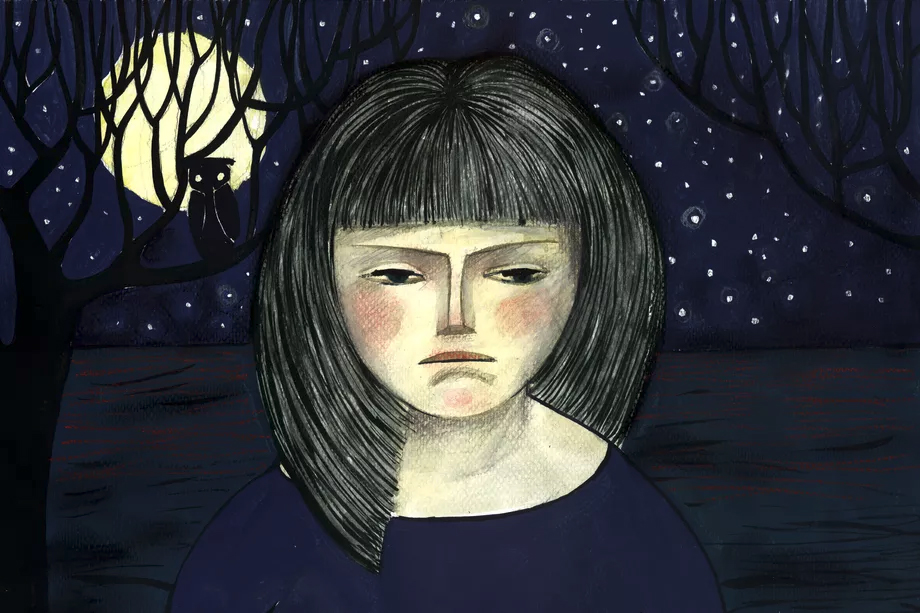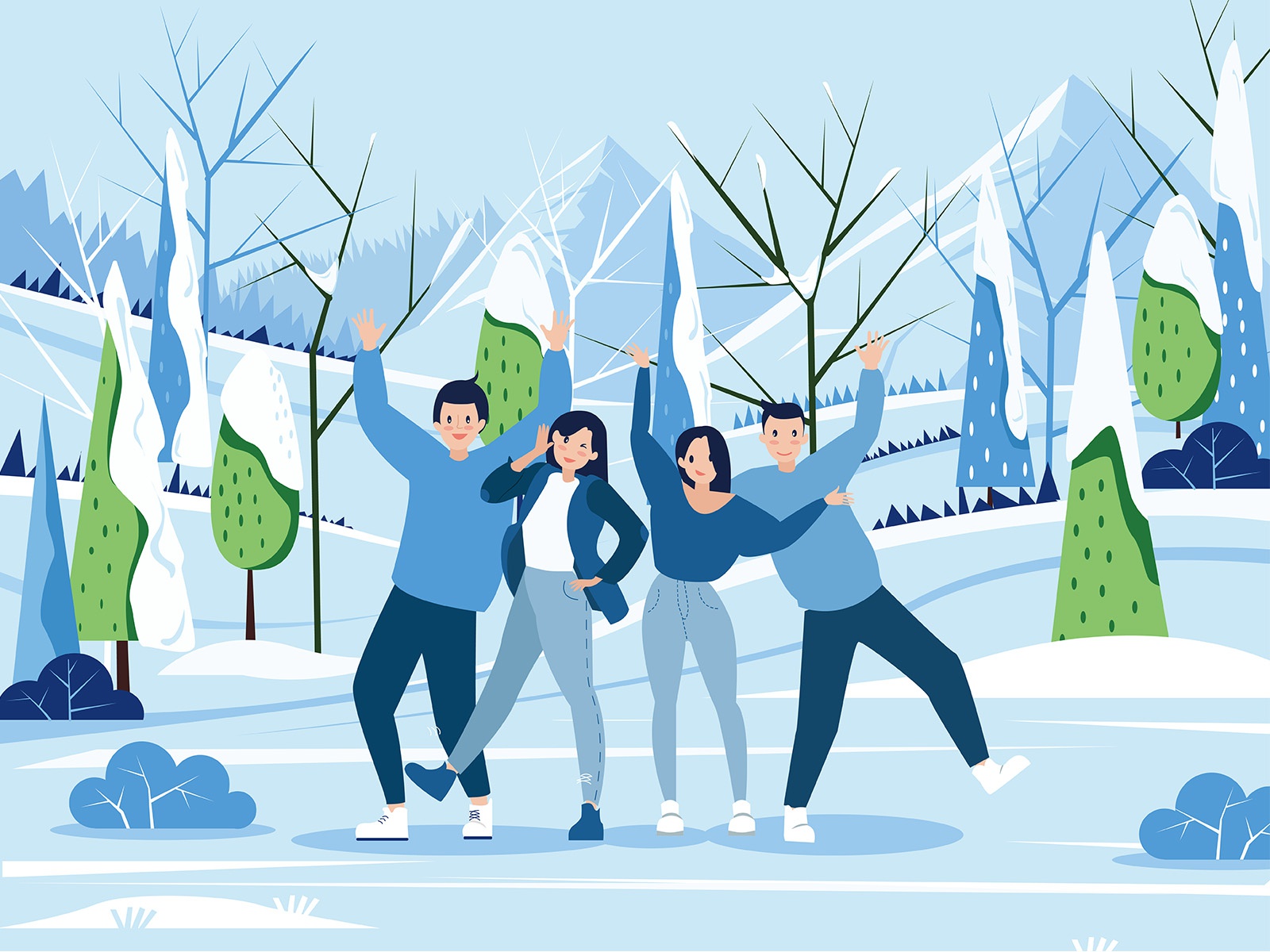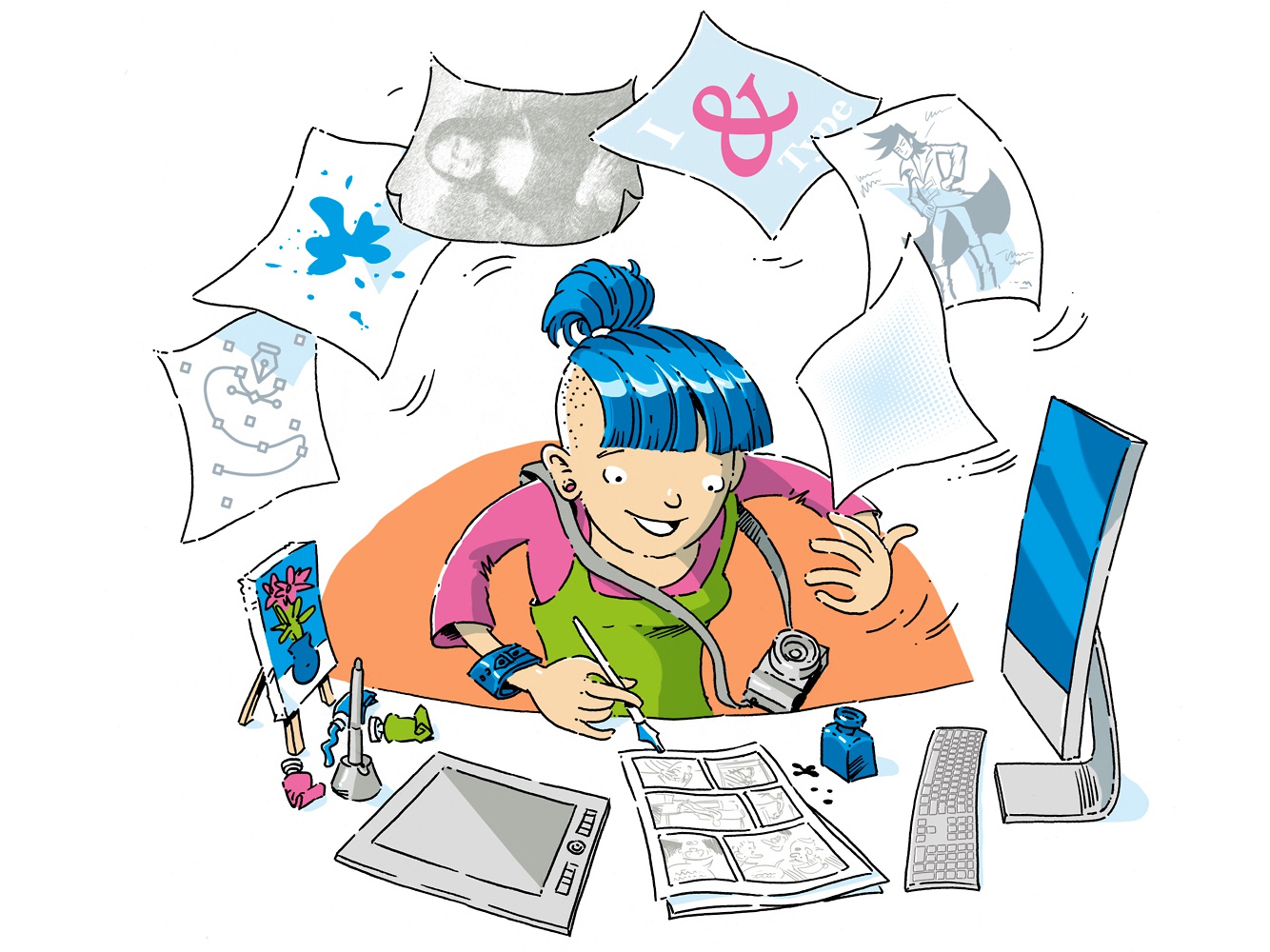
With the cold weather in the winter months, it becomes difficult for us to socialize. In the pandemic conditions we have been in for about 10 months, it has become even more difficult for us to socialize. The number of cases that started to increase all over the world again, with the flu epidemic that will increase with the cooling of the weather, the coronavirus measures have to be tightened even more. In this case, it is very likely that we will be confined to our homes again. So, how will we spend this season when socializing is already difficult in the winter months? How do we protect our psychology? Sigal Samuel has written a good article on this subject. Let’s take a look together:
We know that as the weather gets colder, it will be more difficult to socialize outside. We also know that there will likely be an increase in new Covid-19 infections. Many of us are worried about how we will get through these lonely, gloomy months ahead.
I see a lot of people trying to deal with this anxiety by creating one-time solutions. Instead of thinking about the myriad negative emotions you want to avoid and the myriad of things you can buy or do to serve it, consider a single regulation principle that is highly effective in generating positive emotions in all areas. “Shift your focus outward.”
Sonja Lyubomirsky, professor of psychology at the University of California, Riverside and author of Happiness: A Scientific Approach to Reaching the Life You Want, says:
“Research shows that anything we can do to divert our attention from ourselves to people or other things is usually productive and makes us happier. Many of life’s problems stem from too much self-focus and self-absorption. We often focus too much on the negatives about ourselves.”
Instead of focusing on our inner worlds and troubles, we can activate what some psychologists call the “little self.” Virginia Sturm, who heads the Clinical Emotional Neuroscience lab at the University of California San Francisco, describes it as “a healthy sense of proportion between your own self and the larger picture of the world around you.”
This easy-to-remember principle is like an emotional Swiss Army Knife. There are a number of different practices that research has shown can stave off mental discomfort. These practices can be especially helpful in the harsh winter months ahead (though they are certainly not a panacea for broader problems such as mass unemployment or a failed national pandemic).
Practices involve cultivating different states such as social connectedness, a clear purpose. But they all have one thing in common: They allow you to focus on something outside of yourself.
A sense of social connectedness

Some of the practices are about cultivating a sense of social connectedness. Some psychological research has taught us that this is the key to happiness. This is what Harvard’s Research on Adult Development has discovered by tracing the lives of hundreds of people over 80 years, from adolescence to their 90s. The large longitudinal study revealed that those who are happiest are those who have really good relationships with family, friends and the community. Close relationships satisfied long and blissful lives better than money, IQ, or fame.
The psychiatrist, George Vaillant, who led the study from 1972 to 2004, summed it up this way: “The key to healthy aging is relationships, relationships, and relationships.”
Other research has found that social connections not only improve our mental health, but also our physical health. It has found evidence that it helps combat everything from memory loss to fatal heart attacks.
In our pandemic winter, yes maybe we can socialize with a very small audience. But this is not a large and adequate social network. There are other ways to make others feel connected to the wider network. Donating to a charity or volunteering to read a book to a child or older person online is a great option.
“I’ve been doing a lot of research on kindness, and people have come up who help others feel more connected and happier,” Lyubomirsky said.
Lyubomirsky’s research shows that taking action of any kind can make you happier. But you should choose something that fits your personality. For example, if you don’t like children, reading to them may not be for you. You may also want to change what you are doing. Because once you get used to doing something, you start to underestimate it and you don’t get as much support from it. In contrast, people who change their behavior show an increase in happiness immediately after and up to a month later. So you can call a lonely friend to check in one day, deliver groceries to an elderly neighbor the next, and donate the next day.
A Sense of Purpose

Other practices are about developing a sense of purpose . Psychologists have discovered that having a clear purpose is one of the most effective ways to cope with isolation.
Steve Cole, a researcher at the University of California Los Angeles, is working on interventions designed to help people cope with loneliness. He discovered that employees tend to focus on increasing people’s sense of purpose, not reducing loneliness.
Philosophers have long pointed to the reinforcing effects of a clear sense of purpose. “Nietzsche said that if you find purpose in your pain, you can endure all the pain that comes with it,” said Jack Fong, a sociologist who studies loneliness at the California State Polytechnic University in Pomona. “People go crazy when they see no purpose in their suffering.”
Experienced loners confirm this. Billy Barr, who has lived alone for almost 50 years in an abandoned mining shack in the Rocky Mountains, says we all have to track something down. He, on the other hand, examines the environment in his situation. How high is the snow today? What animals appeared this month? He’s been tracking the answers to these questions for decades, and his records actually contribute to climate change science.
Due to the environment you live in, you may not be able to examine the climate changes and make measurements. However, there is still a lot you can do. You can write an article you have wanted to write for a long time, sign up for a charity or feed stray animals every day. The important thing is to set goals for yourself that you want to do.
Gratitude

Finally, some applications; it’s about developing a sense of inspiration, which can be in the form of gratitude, curiosity, or admiration.
Feeling gratitude on a regular basis helps protect us from stress and depression. David DeSteno, professor of psychology at Northeastern University and author of Emotional Success, says:
“When you feel grateful, your mind turns its attention to what is perhaps the greatest source of resistance for most people: other people. It reduces stress by reminding you that you are not alone and that others are there for you.”
This simple app that lets you jot down what you’re grateful for once or twice a week has gained popularity over the past few years. But research shows that there are increasingly less effective ways to do this. Researchers say it’s better to write down a specific thing in detail, to actually enjoy it, than to get rid of a superficial list of things. They recommend trying to focus on the people you are grateful for. Because it’s more effective than focusing on one thing, and it evokes stronger feelings of gratitude.
Another practice is to write a letter of gratitude to someone. Research shows that even if you don’t actually send the letter, it increases your gratitude level significantly. The effects of this on the brain can last for months.













